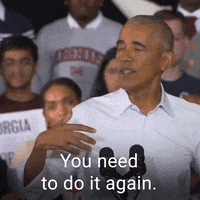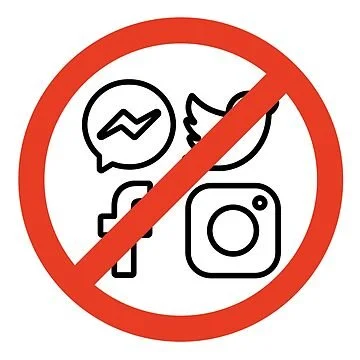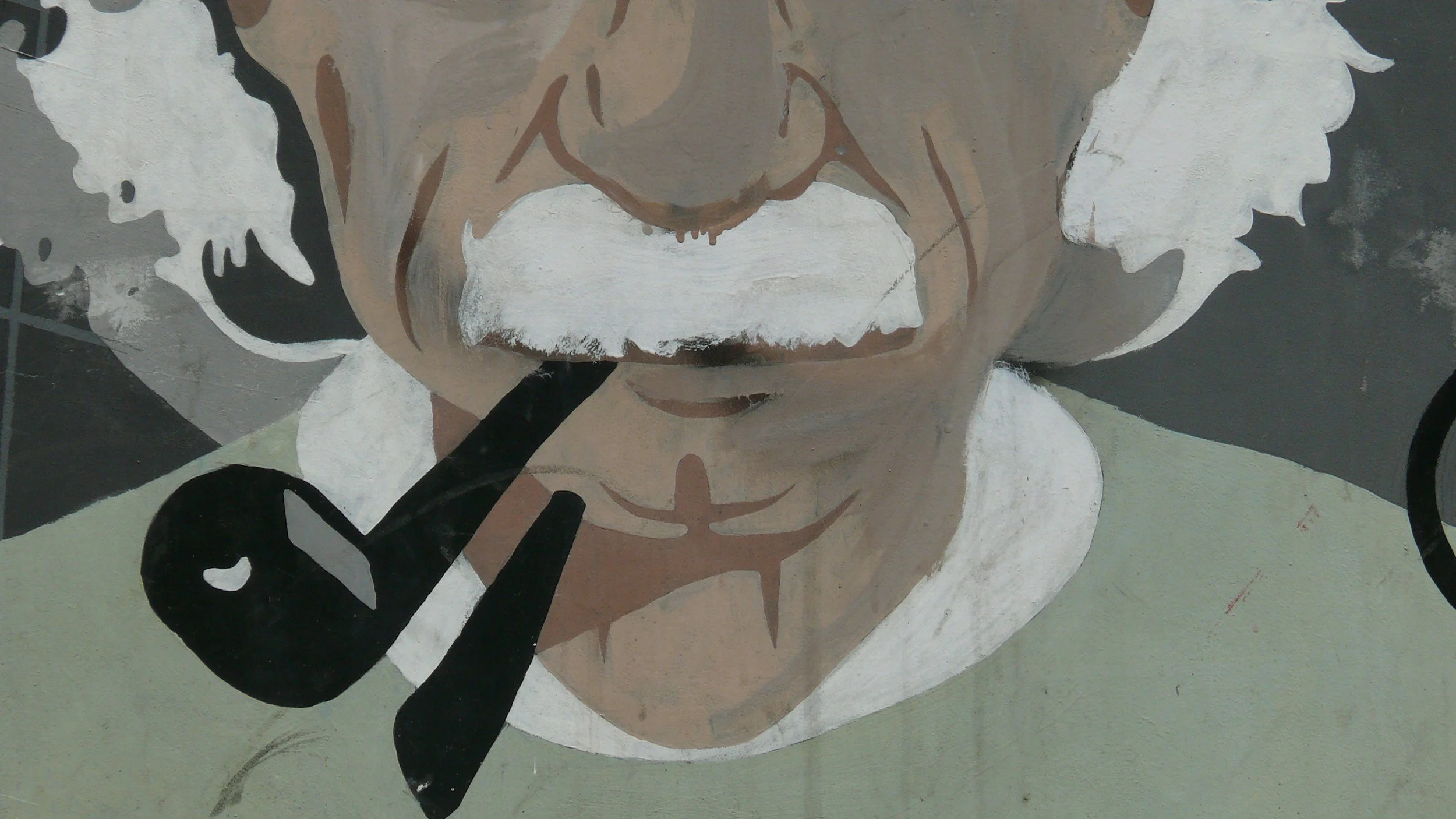How to Get Over a Breakup: a 20 Step Guide
1. Take a deep breath.
2. Reread #1 and actually do it
3. Process what happened
If it just happened, you may be in shock. You may be confused. You may be heart-broken. It’s important to acknowledge what happened and process it. If you are going to heal, you shouldn’t push those feelings away. Regardless of who ended it, how it ended, or why it ended; you are going to feel strong emotions about it. That’s normal AND healthy.
4. Do #1 again
5. Write everything down
Write down all your emotions. Let it all out. And I mean all of it… Every little thought you have (no matter how small or insignificant or embarrassing or vulnerable). Don’t worry about it making sense. Don’t worry about it being logical. Don’t worry about being judged. Just focus on getting every thought from your head and heart into words.
6. Reach out to a friend or family member
This step is especially hard for men because we are trained to keep things inside. It’s garbage. So push through that resistance and call a friend. And don’t small talk them. Be honest, be open, be vulnerable.
7. Go for walk
Full disclosure, this is the hardest step… When we’re hurt we want to curl up in a ball. We don’t want to take action. But now is the time to move... I’m not saying move forward… I’m not saying move on... I’m just saying move!
So dig deep. Put on some shoes and step outside. Leave your phone behind. Don’t worry about the time. Don’t worry about the weather. Focus on putting one foot in front of the other.
8. Focus on the basics
Are you eating enough? Are you getting an adequate amount of sleep? Are you exercising? Are you showering?
Even without a broken heart, you’re not going to feel good if you aren’t eating/sleeping/exercising. So focus on these tasks. Take care of your body and your mind and heart will follow.
9. Limit contact with ex
When you have an injury that’s healing, let it recover. Every time you reach out to your ex, you’re picking at the scab. Leave it alone. Let it heal.
If you do need to reach out, keep it strictly logistical (picking up belongings, etc.)
10. Refocus on friendships
Romantic relationships fill up a lot of time in our schedules. When they end, you need to fill that time with other things. So send out some texts to friends and set up a time to meet or talk on the phone. Don’t just say “How are you?” Set up a time to get together.
11. Remember things accurately
“Tom, you don’t understand! My ex was perfect!.”
No they weren’t. I guarantee that there were things that they did that bothered you. Habits that they had that you didn’t like. Something about the way they talked or how they behaved at times. Remember the bad with the good.
12. Limit social media
Now is not the time to be looking at other people sharing their fake perfect lives.
13. Listen to Disney songs, classical musical, and podcasts
Now is not the time to be listening to love songs. Disney and classical music can help fill the silence without conjuring memories of romance.
14. Take a yoga class (or other group sport)
“Tom, why does every therapist recommend yoga classes!?”
It’s the easiest way to get someone to meditate. Plus it will get you out of the house. Plus exercise will help you feel better… Plus it’s an activity you do with others… Not seeing a whole lot of negatives here…
15. Create a new hobby
Sooooo many options: pottery classes, volunteer at an animal shelter, take a guitar class, learn Italian, join a city volleyball league. The only criteria for your new hobby is that it should be something you do with other people.
16. Be honest with yourself
What did you learn from this relationship? If we can identify what we learned, we can move on easier.
What did you learn about yourself?
What did you learn about what you want/don’t want in a partner?
Use this as an opportunity to learn.
17. Take comfort in the fact that you are doing the best you can
All you can control is this moment. So do the best you can right now and take comfort in that.
18. Be patient with yourself
One of the biggest mistakes people make is to set a timeline.
“I should be over this by now!”
Says who? Be patient with yourself. It takes however long it takes. Don’t compare yourself to others. In many ways a break-up is the same as a death. It’s a loss. Let yourself grieve. Don’t minimize it.
“Time is an illusion”
19. Look for others in need
There is something powerful about helping other people. No matter how hurt you are, no matter how broken you feel, there is always someone that could use your help. So make it your daily goal to find and help that person!
20. Talk to a professional therapist
Having a non-judgmental and understanding person to talk to can be a huge benefit. Therapists receive years of training about how to help people overcome loss. Sure you can book with me, but most therapists should know how to help someone get over a break-up.
DON’T
These are things that will set us back on our path towards recovery and should be avoided. If you’ve already done some of them (or all of them), it’s okay. Lets just focus on limiting these things moving forward.
1. Don’t rebound
People will tell you, “Get back out there!” or “You just need to sleep with someone else and you’ll feel better.”
That’s a mistake. Let yourself greave. Don’t push those feelings down and distract yourself with someone new. Rebounding will only result in a longer recovery AND additional problems.
2. Don’t use substances to numb the pain
Similar to rebounding; using substances temporarily numbs the pain but prolongs your suffering and creates more problems in the long run. Now is the time to focus on taking care of your body, not neglect it.
3. Don’t bad mouth your ex
Remember your ex accurately (including their flaws) but don’t resort to bad mouthing. There is no circumstance in life where you can create sustained happiness while badmouthing someone else.
4. Don’t downplay your hurt
Men are trained to act like we are okay, regardless of what’s going on. It’s okay to have a broken heart.
5. Don’t ruminate
If you find yourself repeating the same thoughts in your head over and over you’re not processing; you’re ruminating. Processing is productive. Processing enables you to move forward. Ruminating is not productive. Ruminating is being stuck. So if you find yourself ruminating, get up and go for a walk. Get up and call a friend. Get up and schedule an appointment with a therapist.
Break-ups are hard. But you can and will overcome this.
Take the First Step
It’s hard to reach out, I get it… But you know what is even harder than reaching out? Staying the same.
So take a chance and schedule an appointment- let’s work together to make your goals a reality.





